Ernest Hemingway, Colin Falconer
He was the most influential writer of the twentieth century, and he won a Pultizer Prize and sold millions of books.
His name alone was evocative of a style of fiction, he was a genre of his own.
His whole life was his brand.
His name was Ernest Hemingway.
What does he have to teach you?
“The hardest thing in the world to do is to write straight honest prose on human beings. First you have to know the subject; then you have to know how to write. Both take a lifetime to learn… “
Ernest Hemingway, Colin Falconer
One of his life’s lessons came when his first wife, Hadley, lost a suitcase filled with his manuscripts at the Gare de Lyon as she was traveling to Geneva to meet him. He lost everything he had ever written - so he had to start all over again.
After his later success he said it was the best thing that ever happened to him. At that point he had already learned to write in a leaner, sparse prose as a journalist so instead of relying on old work he re-invented himself - and his new style became his hallmark:
“It’s none of their business that you have to learn how to write. Let them think you were born that way.”
“You did WHAT with my suitcase??”
Another thing he learned was his iceberg theory: “If a writer of prose knows enough about what he is writing about he may omit things that he knows and the reader, if the writer is writing truly enough, will have a feeling of those things as strongly as though the writer had stated them. The dignity of movement of an iceberg is due to only one-eighth of it being above water.” (from ‘Death in the Afternoon.’)
His ability to convey so much in so little was a masterclass, even when he was joking around. This, from when someone asked him what he thought of Switzerland:
“Switzerland is a small, steep country, much more up and down than sideways, and is all stuck over with large brown hotels built on the cuckoo clock style of architecture.”
Hemingway had no time for critics
He wasn’t without his detractors. William Faulkner sniffily declared that Hemingway “had never been known to use a word that might send the reader to the dictionary.”
Hemingway wasn’t troubled by that:
“Poor Faulkner. Does he really think big emotions come from big words? He thinks I don’t know the ten-dollar words. I know them all right. But there are older and simpler and better words, and those are the ones I use.”
It made Kurt Vonnegut wonder “what Ernest Hemingway’s dictionary looked like, since he got along so well with dinky words that everybody can spell and truly understand.”
Talking about the Old Man and the Sea, the book that won him the Nobel Prize, Hemingway said: “Then there is the other secret. There isn’t any symbolism. The sea is the sea. The old man is an old man. The boy is a boy and the fish is a fish. The sharks are all sharks and no better and no worse.’
He wrote to his friend Maxwell Perkins:
“It wasn’t by accident that the Gettysburg address was so short. The laws of prose writing are as immutable as those of flight, of mathematics, of physics.”
Yet he never told us what those laws are; like any good teacher, he knew we had to find out for ourselves.
But he let some of them slip …
HEMINGWAY’S 7 WRITING SECRETS
1. “The most essential gift for a good writer is a built-in shock-proof shit-detector.”
2. “The first draft of anything is shit.”
3. The good parts of a book may be only something a writer is lucky enough to overhear or it may be the wreck of his whole damn life and one is as good as the other.
4. My attitude toward punctuation is that it ought to be as conventional as possible. The game of golf would lose a good deal if croquet mallets and billiard cues were allowed on the putting green. You ought to be able to show that you can do it a good deal better than anyone else with the regular tools before you have a license to bring in your own improvements.
5. That terrible mood of depression of whether it’s any good or not is what is known as The Artist’s Reward.
6. Scott (Fitzgerald) took literature so solemnly. He never understood that it was just writing as well as you can and finishing what you start.
7. A writer’s problem does not change. He himself changes and the world he lives in changes but his problem remains the same. It is always how to write truly and having found what is true, to project it in such a way that it becomes a part of the experience of the person who reads it.
AND SOMETHING TO REMEMBER WHEN YOU FEEL LIKE GIVING UP
“Writing, at its best, is a lonely life….For [the writer] does his work alone and if he is a good enough writer he must face eternity, or the lack of it, each day.”
True. So remember never to be too hard on yourself. Celebrate every small success. Aim high but enjoy every step along the way. Because, tragically, the following is also a Hemingway quote.
“Why should anybody be interested in some old man who was a failure?”
JOIN MY MAILING LIST! I’ll send you exclusive opportunities to download free books or exclusive offers for my books and books from other authors as well. These offers will be available to MEMBERS ONLY. You can, of course, opt out anytime. But I intend to make it worth your while! Subscribe here!!!
Meanwhile I’ve just finished a brand new presentation for my book: ANASTASIA on a new medium called Slideshare.



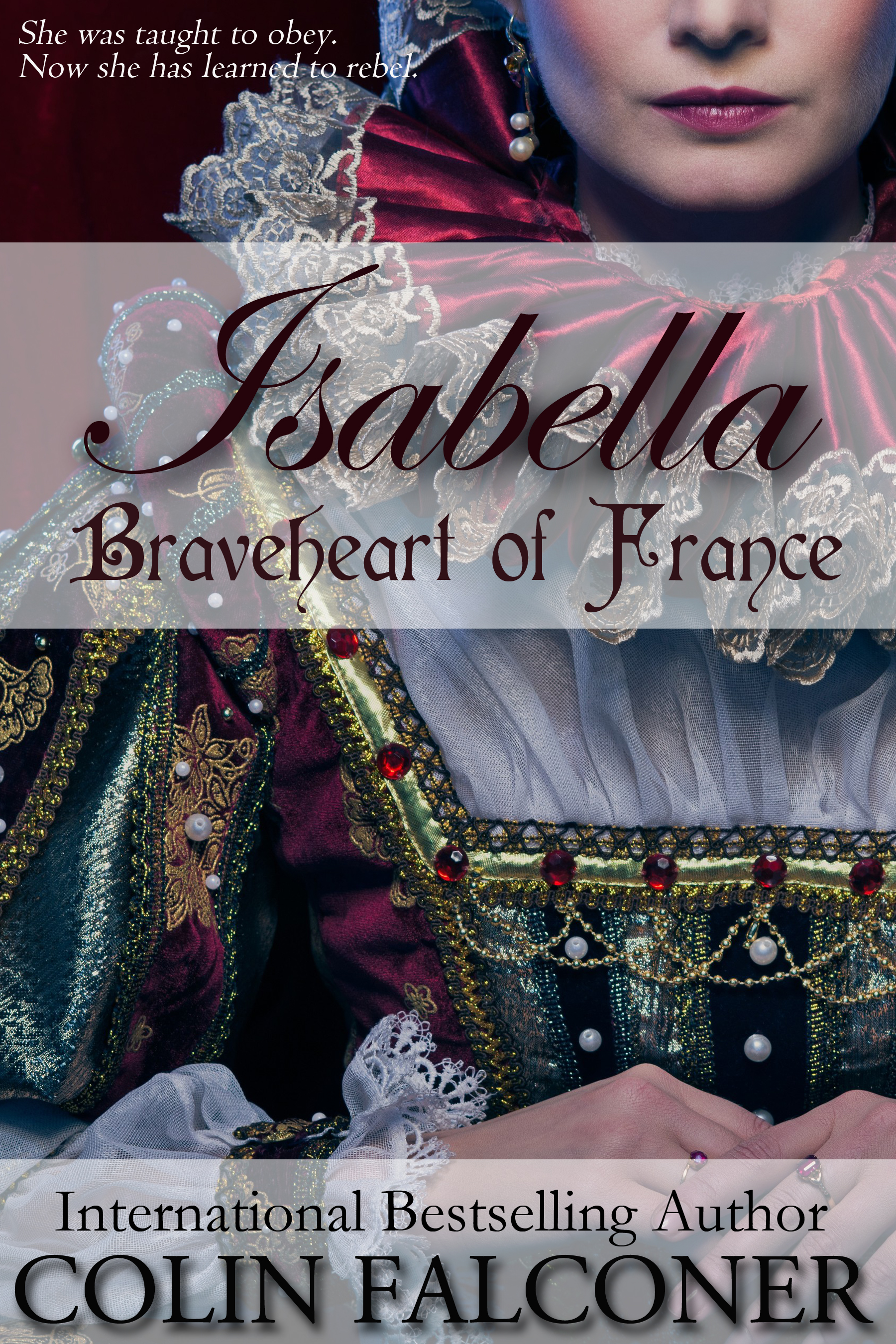


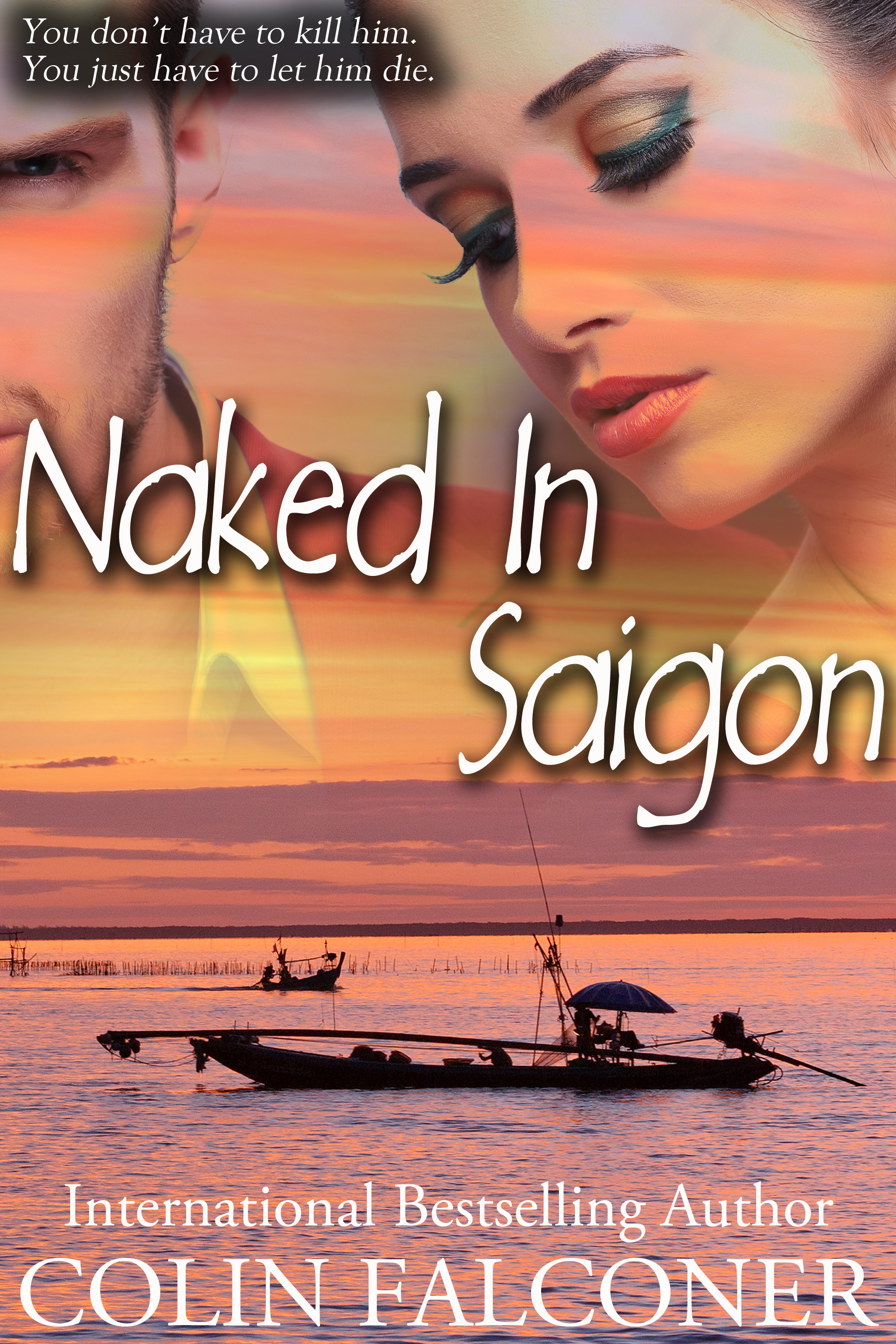
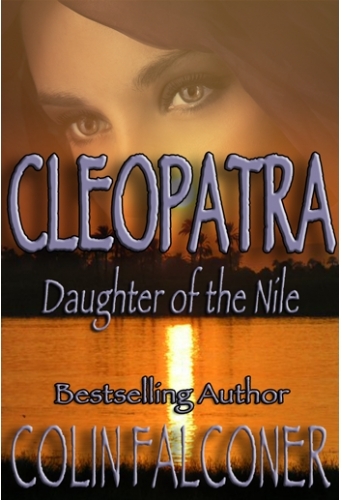





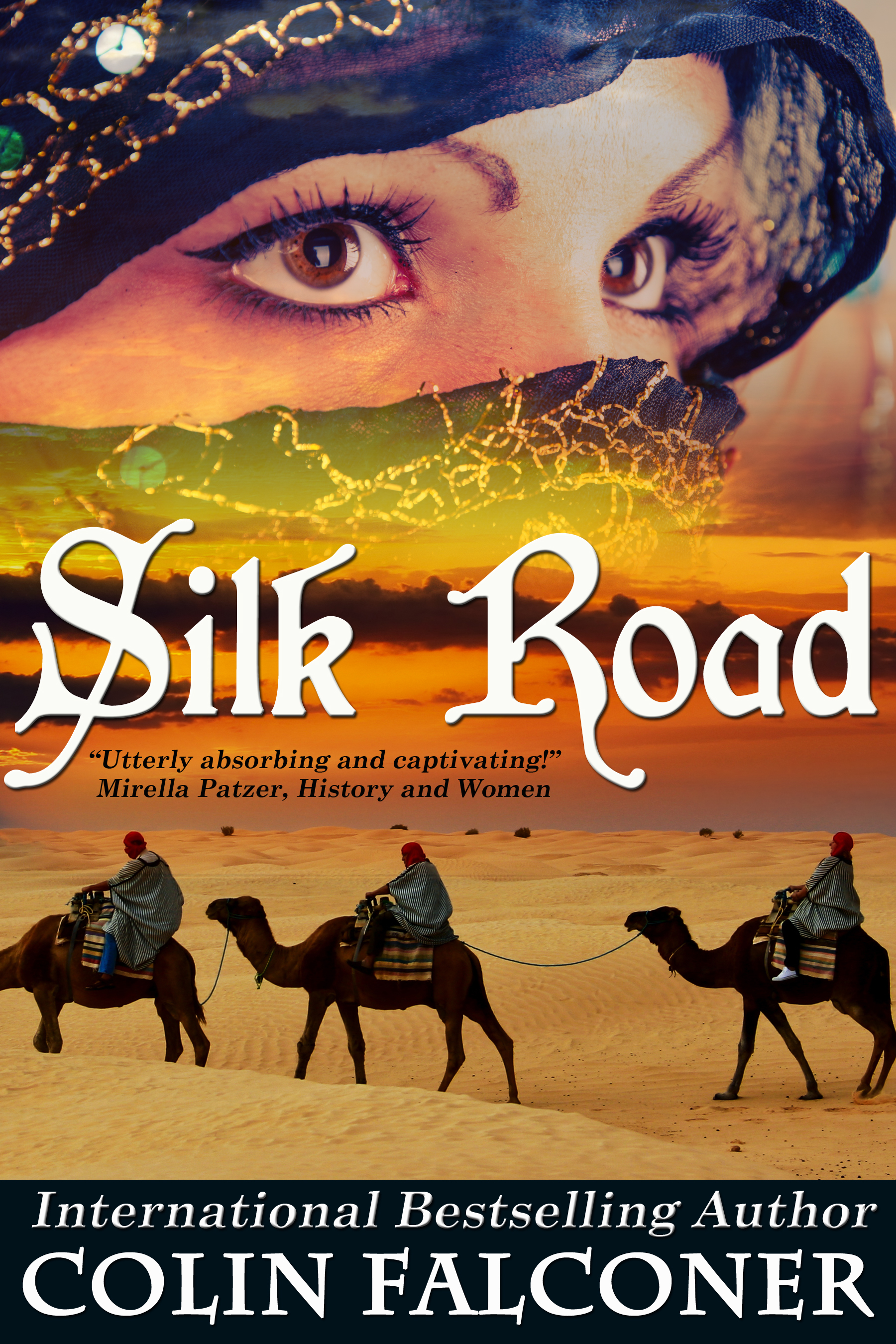






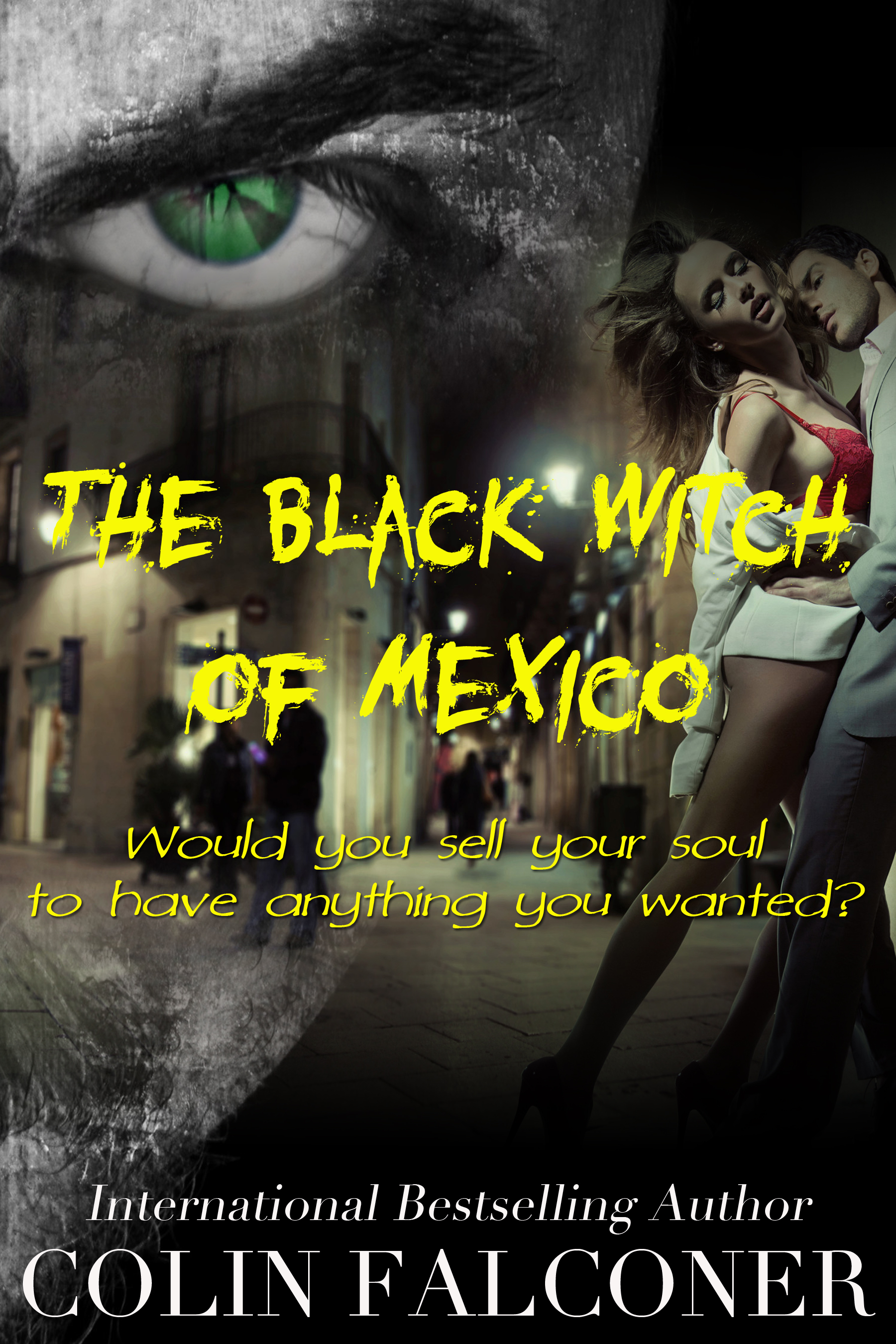

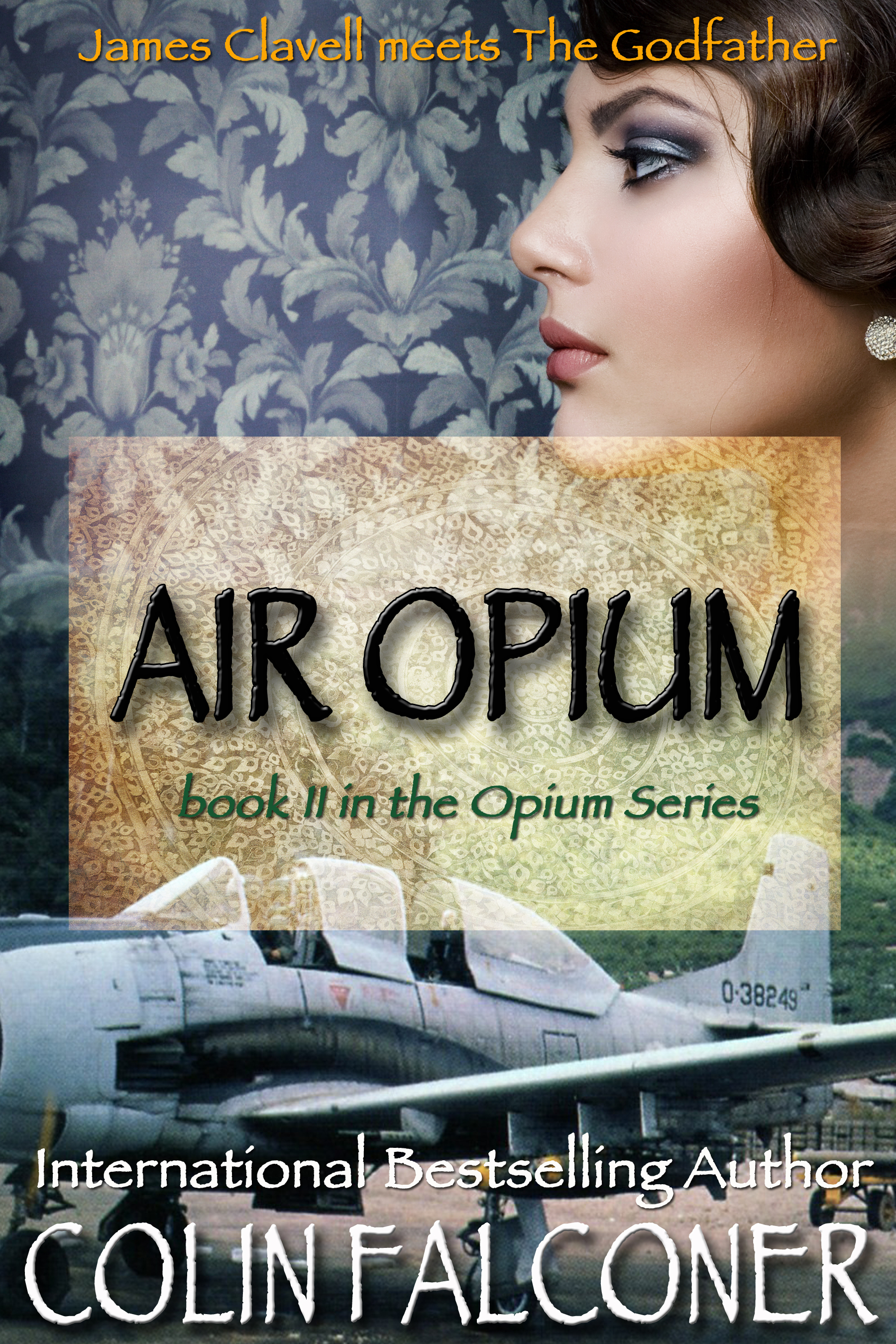
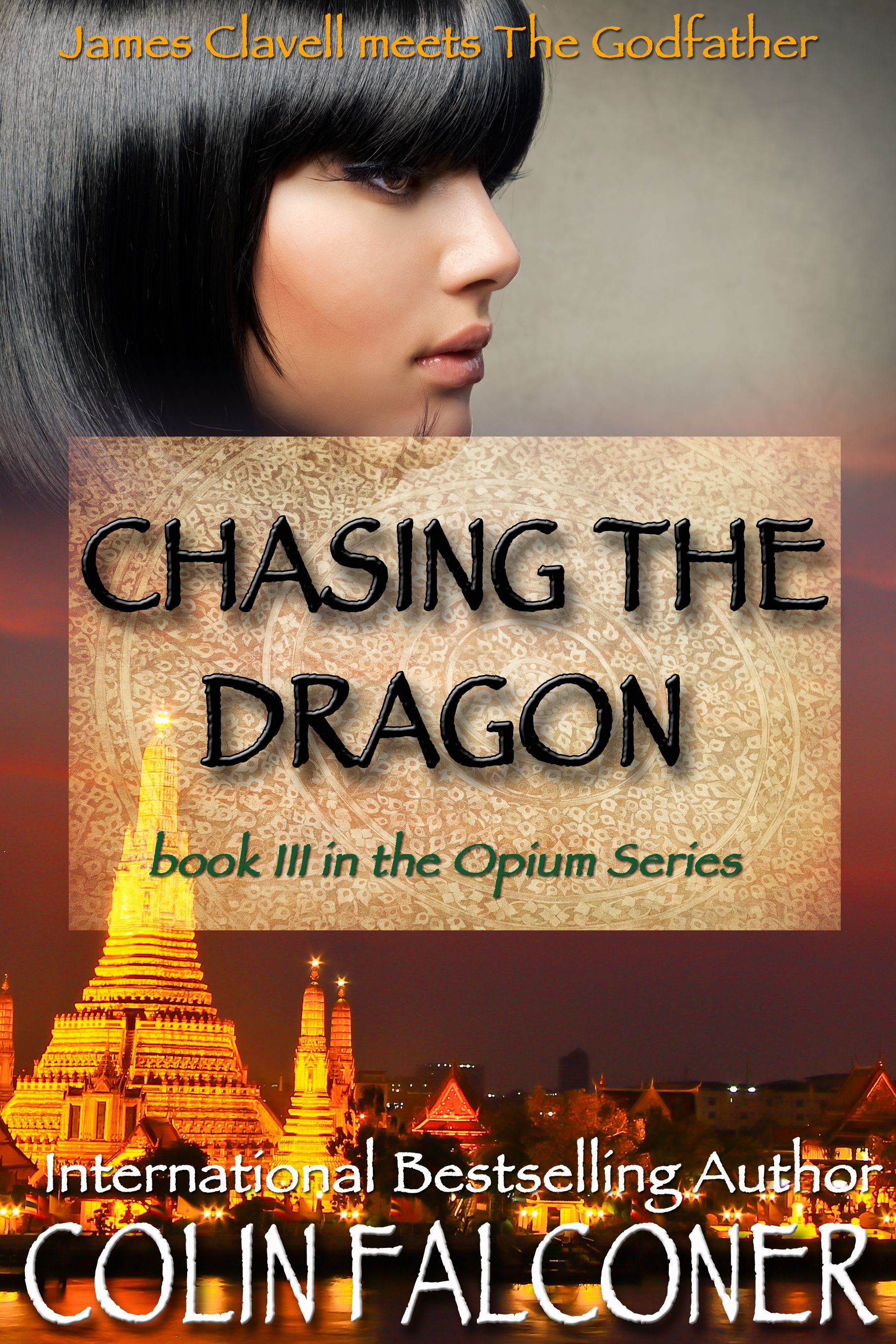
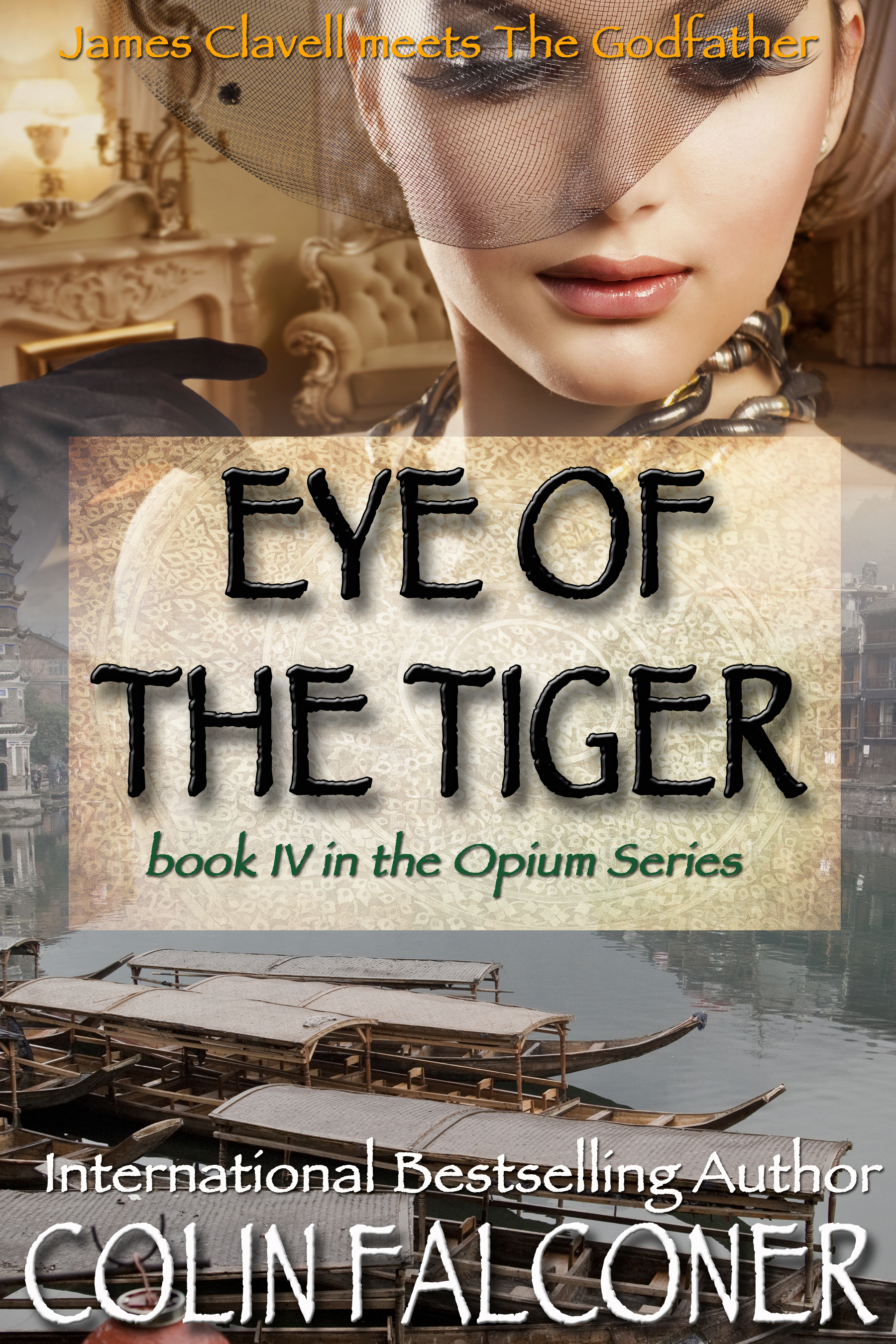
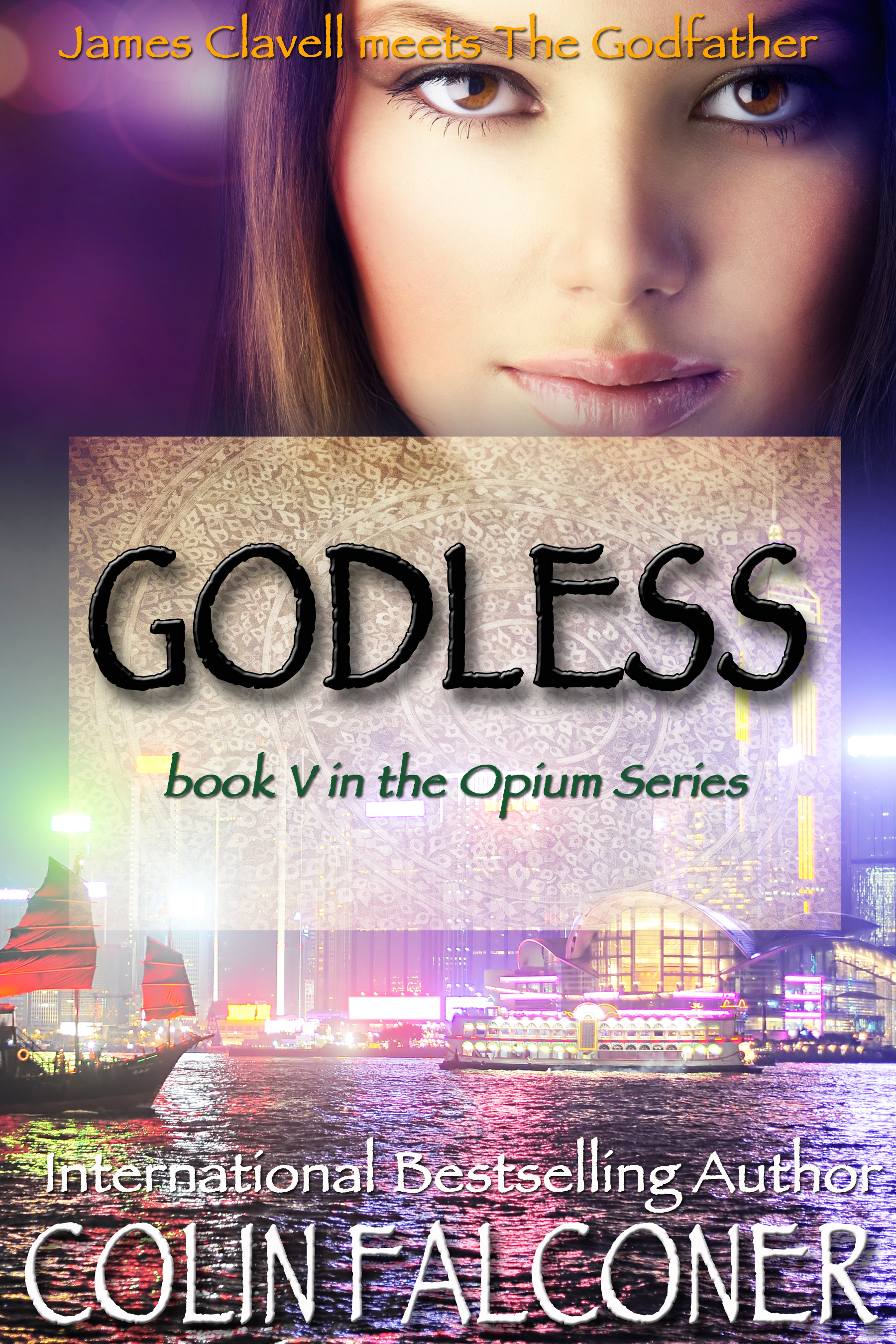



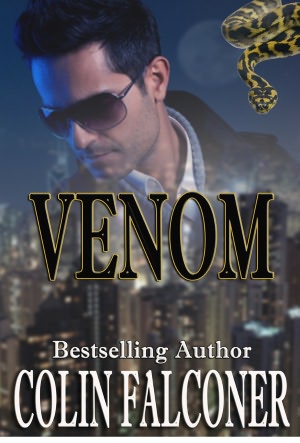
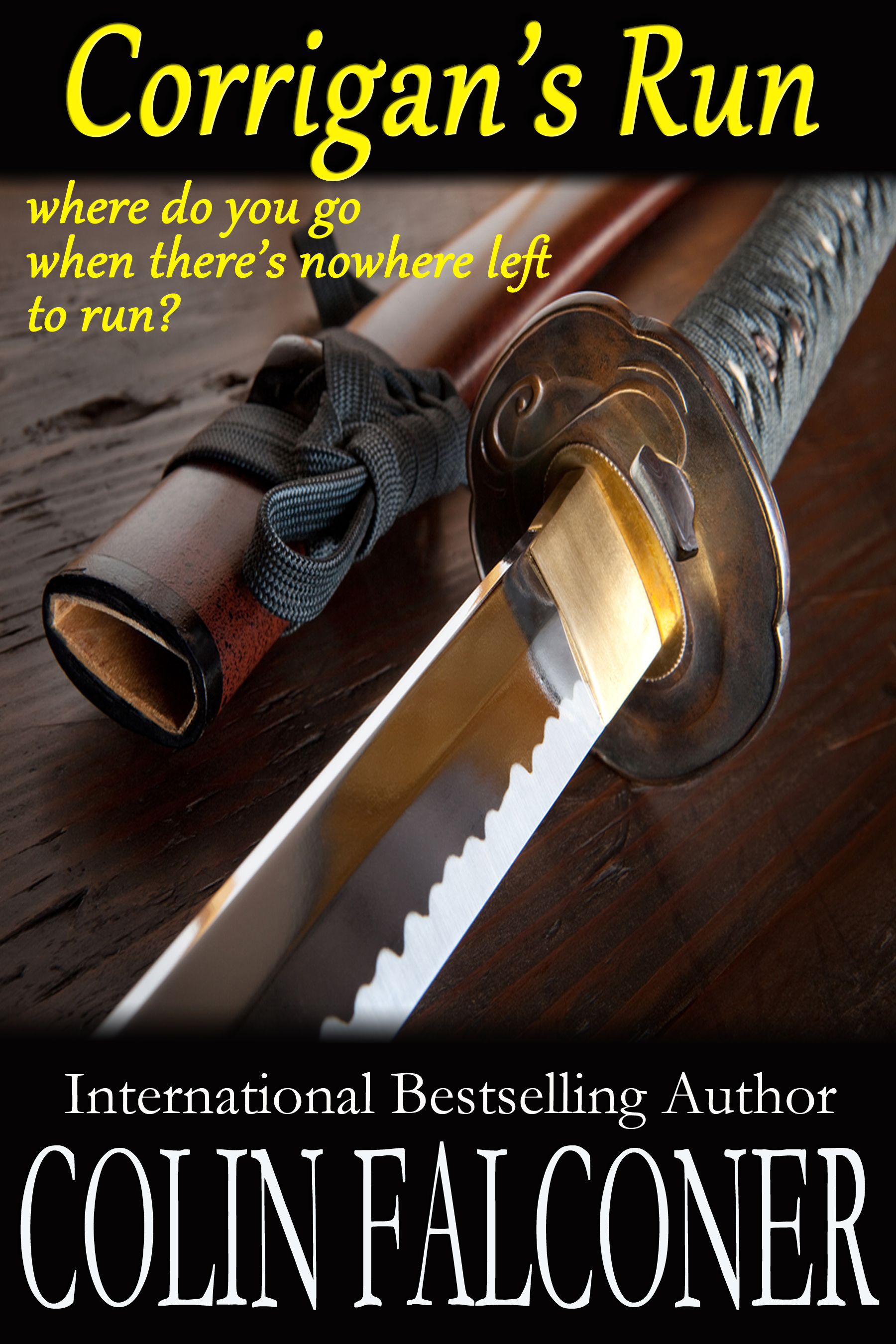
What a fascinating man. Can you imagine having all your writing in a suitcase (then having it lost!)? Wow. I wonder what the person thought who found it? Great blog, Colin.
Well it’s interesting but Hemingway later seemed to think that the suitcase was worthless because the manuscripts were unpublishable. It gave him the opportunity to kill his darlings, as they say! Instead pof dragging the old manuscripts out of the drawer after his first sale - something most agents complain about - he had no choice but to keep going forward!
Paul Hendrickson wrote the best Hemingway biography of all time, “Hemingway’s Boat”, for which he deserved a pulitzer (but, of course didn’t get it, there is no justice). It’s the most compassionate, insightful biography and I’ll never forget it. A lot of critics have described Hemingway as mean spirited and pretentious, which is somewhat true, but Hemingway had his reasons.
You’re really piling up my TBR list Julia! I’d not heard of that bio. The thing about Hemingway, about most people is they have another side and seeing only one side is not seeing the whole person. The things Hemingway said, about love and about war, I suspect he could not have been mean-spirited by nature. I’ll look for that book. I think he was a fascinating man. Thanks.
Just bought it!
Hemingway’s style works to perfection in The Old Man and the Sea.
Imagine that. A Pulitzer for a fishing tale.
You are so right. I’ve often thought that. All his other stories are larger than life. That was a novella about the one that got away. You’re right. Imagine.
Colin, loved this on so many levels: one, hubby and I were discussing The Sun Also Rises last night. I was a bit young when I first read it and didn’t “get” Jake’s problem. However, I wrote about it so coherently, I got the highest grade in California in a state essay contest. Hubby thought that hilarious. Two, just lost all the edits and formatting for my newest book to a cloud backup glitch, which is nothing like losing a suitcase full of manuscripts. I feel much better. Three, Fitzgerald died down the street from me and his secretary’s still alive (last I checked). She said the same thing about him. Thanks for another fascinating post!
Well I’m glad it helped you feel more sanguine about losing your edits!I think your story about the state essay competition is pretty amazing. He’s so subtle about the problem in the book - it’s what I love about Hemingway, he is the master of showing and not telling.
I personally never cared for Hemingway’s work, but love his quotes. #1 on the list above is my favorite!
Love him or hate him, he did have some interesting things to say. I like #1 too!
Pingback: Late Bloomer, Long Tail 3: Heart Work
Pingback: The End is Near (and we deserve it) . . . Pizza Hut Perfume « Bayard & Holmes
I rather like #2, myself..
Thanks, Colin, for this interesting read! I’ve saved his rules to my ever-more-cluttered hard drive.
It’s great advice, isn’t it, and only becomes more valuable the longer we spend as writers.
Pingback: Late Bloomer, Long Tail 3: Heart Work | Debra Eve's Archaeology of Story
Pingback: Late Bloomer, Long Tail 3: Heart Work | No. 2 LaterBloomer Test